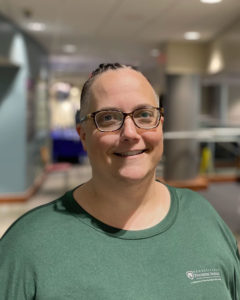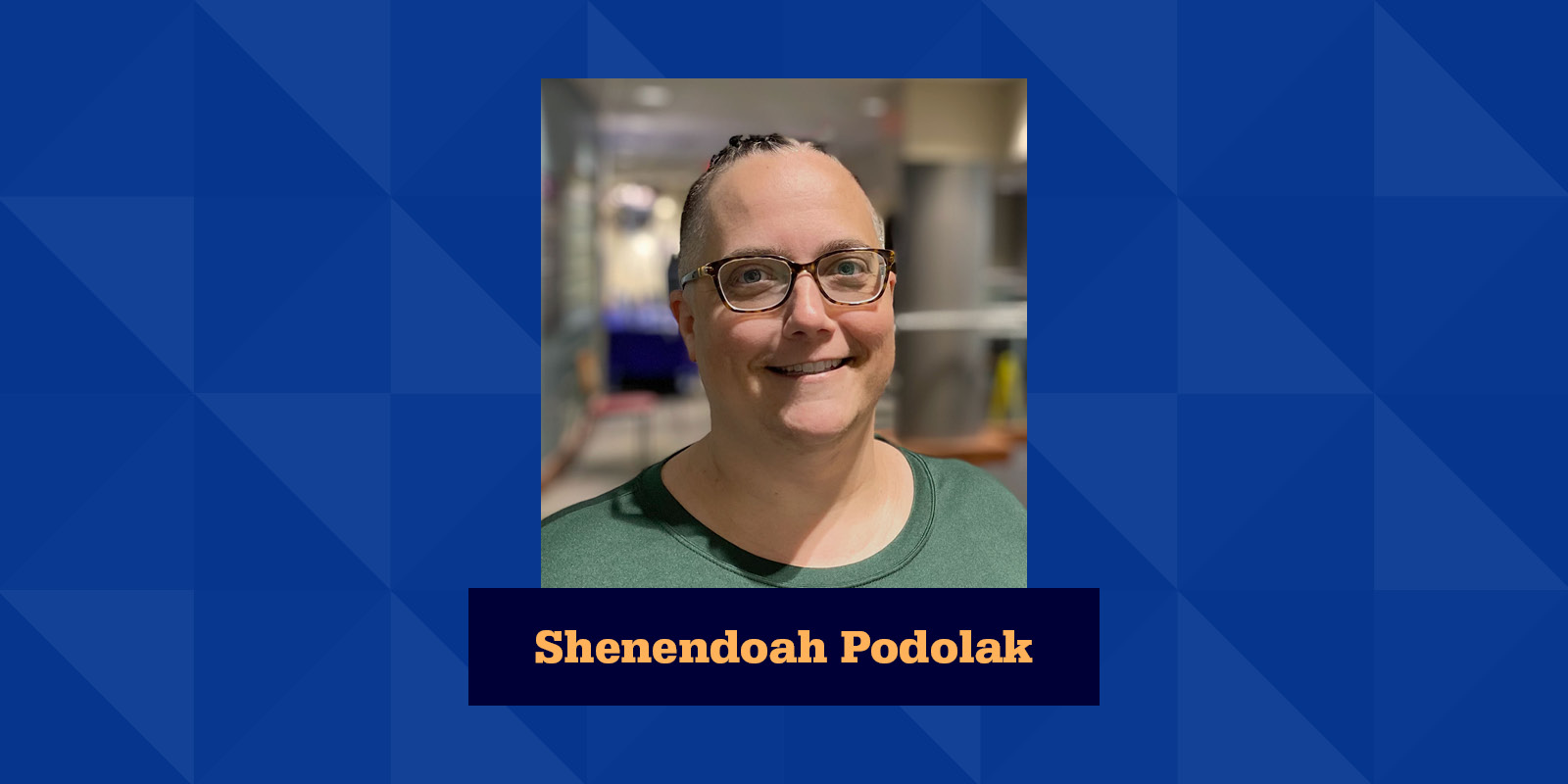 In a discussion with Shenendoah “Shen” Podolak, Intake Coordinator at the Pennsylvania Psychiatric Institute (PPI), we gained valuable insights into how PPI is shaping an inclusive and supportive environment for their diverse patient community, particularly LGBTQ+ patients.
In a discussion with Shenendoah “Shen” Podolak, Intake Coordinator at the Pennsylvania Psychiatric Institute (PPI), we gained valuable insights into how PPI is shaping an inclusive and supportive environment for their diverse patient community, particularly LGBTQ+ patients.
“At PPI, we’re trying to enhance awareness and disseminate information about LGBTQ+ issues. There are many questions and uncertainties that always persist, regardless of how educated one might be,” said Podolak when offering insight into the value of PPI to the Central PA LGBTQ+ community.
The Journey Towards Inclusivity
With over 15 years of service at PPI, Podolak shares her unique perspective on the organization’s evolving approach toward LGBTQ+ inclusivity. From witnessing a time when the focus was merely on accommodating basic needs such as rooming arrangements for the gay and lesbian population, to the more nuanced understanding of the wider needs and identities within the LGBTQ+ community, Podolak emphasizes PPI’s adaptive and responsive strategy in meeting these evolving requirements. Highlighting one example, Podolak explained how the electronic medical record (EMR) system enables the intake team to track and communicate preferred names and pronouns. To create a safe, welcoming environment, Podolak emphasized, “It’s crucial our staff use the preferred pronouns and names of our patients when they come in.” Paired with their understanding of patient desires, particularly the adolescent LGBTQ+ community, the intake team at PPI can leverage these tools to create a better experience that sets the stage for better mental health care.
Overcoming Challenges and Building Opportunities
Navigating these changes and adapting to the ever-changing landscape of patient needs hasn’t always been easy. However, these challenges have proven to be a motivation for PPI to continually improve and adapt its services.
Looking ahead, Podolak envisions the enormous potential for PPI to extend its services to cater more comprehensively to the LGBTQ+ community. She sees the possibility of continuing to create specific programming tailored to the unique needs of this population, thus reinforcing PPI’s patient-centric approach and commitment to individual choices.
Fostering Safety and Addressing Stigma
One aspect of Podolak’s role at PPI is helping to ensure patients’ physical and emotional safety. Believing that the healing process, especially in a mental health setting, can only begin once an individual feels safe, she strongly emphasizes facilitating a smooth transition for patients from arrival to their unit. She also underscores the importance of open communication with the staff about each patient’s mental state to provide the best possible care.
In her view, seeking help for mental health issues is a brave act, “Taking the step to seek help requires immense courage.” However, she acknowledges the pervasive stigma surrounding mental health that can prevent people in need, particularly those in the LGBTQ+ community, from coming forward to find the help they need. Podolak strongly believes this stigma can be dispelled through time, education and open conversations. She reassures those seeking help that PPI is dedicated to offering the necessary support for individuals ready to move toward a better mental health solution.
“Coming here is the first step toward getting better,” said Podolak. “Patients come to PPI to receive the help they need. Our goal is not to keep them here, but to enable them to live a safe life at home.”
Through Shen Podolak’s eyes, it’s clear to see that PPI’s commitment to LGBTQ+ inclusivity is not merely a trend, but an integral part of their mission. By focusing on inclusivity, safety and the continuous evolution of their services, PPI is leading the way toward a future where mental health care is accessible, sensitive and inclusive for all individuals.

